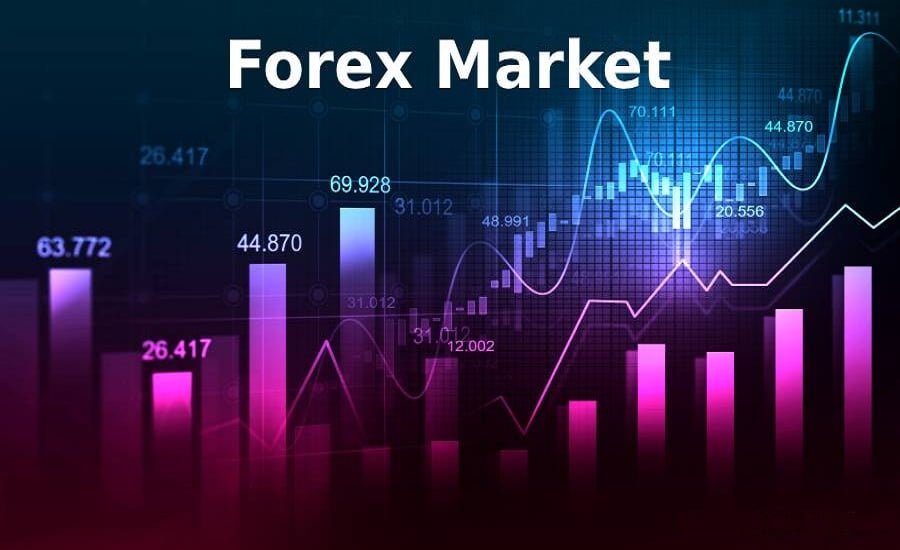Forex trading, short for foreign exchange trading, is a global marketplace where currencies are bought and sold. As one of the largest and most liquid financial markets in the world, forex trading attracts a diverse array of participants, ranging from individual retail traders to institutional investors and central banks. In this article, we will explore the fundamentals of forex trading, its mechanics, and the factors that contribute to its popularity.
- Essence of Forex Trading:
At its core, forex trading involves the exchange of one currency for another with the aim of profiting from changes in exchange rates. Unlike traditional stock markets, the forex market operates 24 hours a day, five days a week, due to the global nature of currency trading. The primary objective for traders is to speculate on whether a currency’s value will rise or fall relative to another.
- Currency Pairs:
Currencies in forex are traded in pairs, reflecting the relative value of one currency against another. Each pair consists of a base currency and a quote currency. For example, in the EUR/USD pair, the euro is the base currency, and the U.S. dollar is the quote currency. The exchange rate indicates how much of the quote currency is needed to purchase one unit of the base currency.
- Market Participants:
The forex market accommodates a diverse range of participants, making it highly liquid and dynamic. Major players include central banks, commercial banks, hedge funds, multinational corporations, and individual retail traders. Central banks participate to stabilize or influence their national currencies, while institutional investors and corporations engage in currency trading to manage exposure to foreign exchange risk.
- Leverage and Margin:
One unique aspect of forex trading is the availability of leverage. Leverage allows traders to control larger positions with a smaller amount of capital. While leverage amplifies potential profits, it also increases the risk of significant losses. It’s crucial for traders to use leverage judiciously and understand the associated risks.
- Trading Platforms:
Forex trading is facilitated through online platforms provided by brokers. These platforms offer real-time market data, charting tools, and the ability to execute trades. Popular trading platforms include MetaTrader 4 (MT4) and MetaTrader 5 (MT5). Traders choose platforms based on their features, usability, and compatibility with their trading strategies.
- Risk Management:
Effective risk management is paramount in forex trading. Traders employ strategies such as setting stop-loss orders, diversifying portfolios, and calculating risk-reward ratios to mitigate potential losses. Disciplined risk management is essential for long-term success in a market known for its volatility.
Conclusion:
Forex trading represents a dynamic and accessible avenue for individuals and institutions to participate in the global financial markets. With its 24-hour availability, high liquidity, and potential for profit, forex trading attracts a diverse range of participants. However, navigating the complexities of the foreign exchange market requires a solid understanding of its fundamentals, disciplined risk management, and continuous learning. Whether you are a seasoned trader or a newcomer, the world of forex trading offers opportunities for those willing to immerse themselves in its dynamic landscape.
- Get Free Forex Signal everyday



